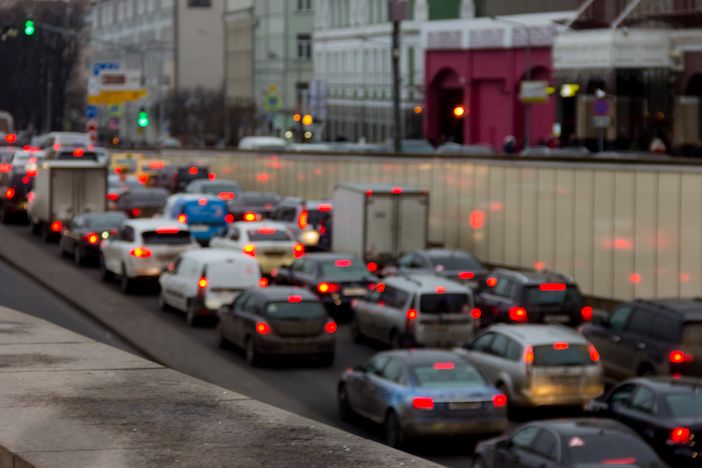London has topped Inrix’s annual Global Traffic Scorecard for the second year in a row, with drivers losing 156 hours sitting in congestion, 5% above pre-pandemic delays. In fact, 72% (79 of the 110) of the UK urban areas analysed have met or exceeded pre-Covid delays.
Commuting in London cost the average driver £1,377 in lost time. This was followed by Bristol (£805 lost time) and Manchester (£742 lost time). Yet due to high oil prices, commuters paid as much as £212 more for fuel in 2022 year-on-year, depending on location. While the average UK commuter spent £707 in lost time, they also paid £122 more for fuel due to oil prices.
“It is great to see civic and commercial life returning to normal, but unfortunately, we’re seeing congestion inching closer to, if not exceeding, pre-pandemic levels,” says Bob Pishue, transportation analyst and author of the report. “We must manage congestion while improving mobility and accessibility in cities to avoid it hurting economic recovery and impacting the quality of life of commuters and residents.”
Many other parts of the world have also seen relaxations in Covid restrictions in 2022. This resulted in even greater increases in traffic congestion in cities around the world when compared to UK cities. London’s 5% annual increase is dwarfed by other top 10 cities including Chicago (49%), Boston (72%) and New York City (15%), though unlike London, many global urban centers are yet to exceed pre-Covid levels of congestion.
| 2022 Impact Rank (2021 Rank) | Urban Area | Country | 2022 Hours Lost | Change from 2021 | Change from Pre-Covid | 2022 Last Mile Speed (MPH) | Change in Last Mile Speed |
| 1 (1) | London | UK | 156 | 5% | 5% | 10 | -1 |
| 2 (6) | Chicago, IL | USA | 155 | 49% | 7% | 11 | -4 |
| 3 (2) | Paris | FRA | 138 | -1% | -16% | 11 | 0 |
| 4 (18) | Boston, MA | USA | 134 | 72% | -10% | 11 | -4 |
| 5 (5) | New York City, NY | USA | 117 | 15% | -16% | 11 | -2 |
| 6 (8) | Bogota | COL | 122 | 30% | -36% | 11 | -2 |
| 7 (22) | Toronto, ON | CAN | 118 | 59% | -13% | 10 | -4 |
| 8 (32) | Miami, FL | USA | 105 | 59% | 30% | 15 | -4 |
| 9 (9) | Palermo | ITA | 121 | 11% | -12% | 9 | 0 |
| 10 (36) | Monterrey | MEX | 116 | 66% | 108% | 19 | -4 |
Access to reliable data is the first step in tackling congestion. Applying big data to create intelligent transportation systems is key to solving urban mobility problems. Inrix data and analytics on mobility, traffic and traffic signals, parking and population movement help city planners and engineers make data-based decisions to prioritise spending to maximise benefits and reduce costs now and into the future.
The key findings of the Inrix 2022 Global Traffic Scorecard provide a quantifiable benchmark for governments and cities across the world to measure progress to improve urban mobility and track the impact of spending on smart city initiatives.





